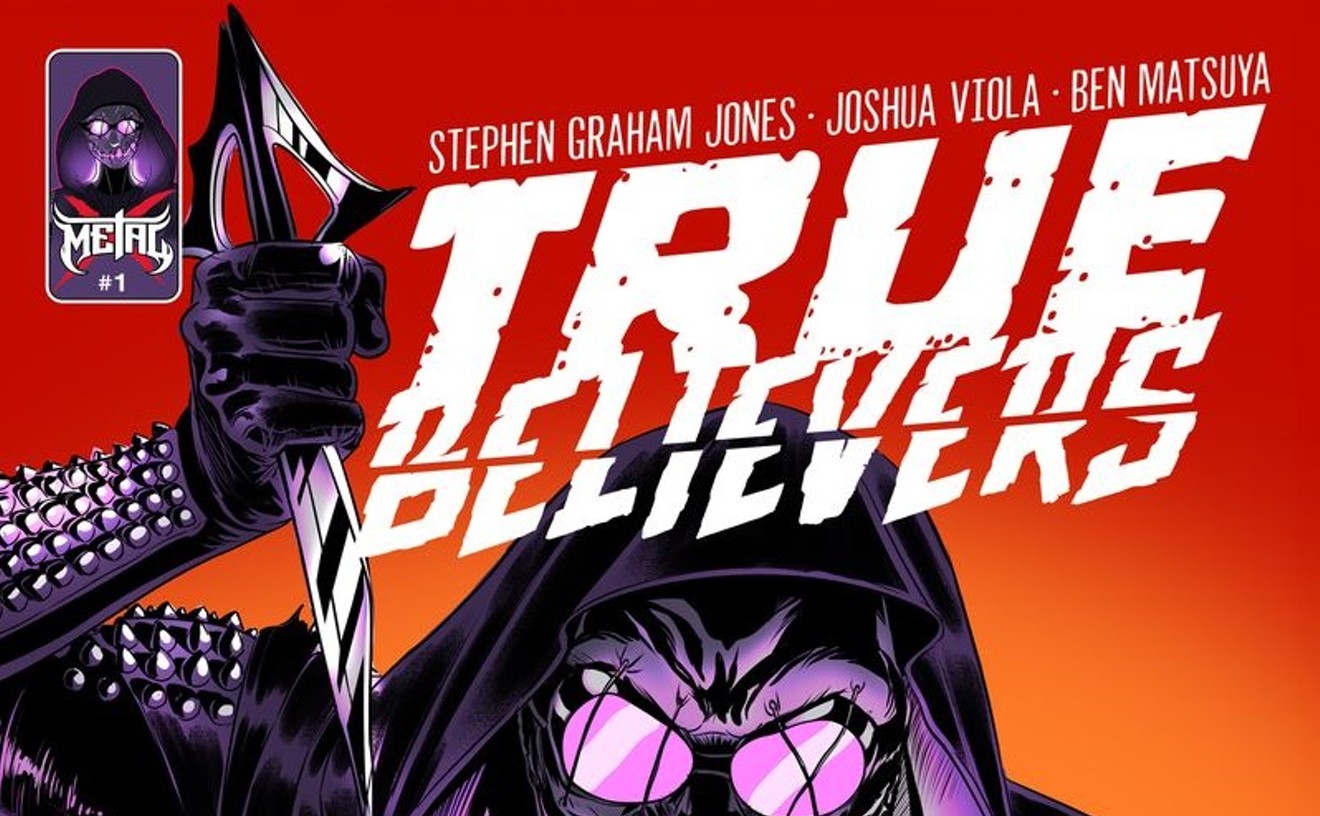Fiction. Michael and Linda, both novelists, are long and happily married. But Linda has just been diagnosed with a brain tumor and told she has three weeks to live. She knows the kind of story almost everyone with a terminal diagnosis hears again and again -- the exciting new treatment for a disease hitherto seen as incurable, or the sudden, medically inexplicable remission -- but unfortunately, she's too damn smart to believe anything this cliched. Accepting the reality of her situation, she asks Michael to read her diaries after her death. And she also wants to read his. This request sets the theme and structure for Steven Dietz's well-designed play. Linda discovers that Michael had an affair with Abby, an enigmatic young woman at a writers' colony; rapturous passages about Abby fill Michael's diaries. But when confronted, Michael says the ongoing affair was pure invention. Dietz wrote Fiction long before the furor over James Frey's pseudo-memoir, A Million Little Pieces, but he anticipated much of the current discussion over the veracity of memoir as a literary form. He suggests that writing itself is a dishonest act: Michael sells out his idealistic younger self to become the kind of best-selling, blockbuster-a-year novelist he once despised; Linda's achievement is unquestionably literary, but she's famous because of the general belief that she herself endured the horrors her central character suffered, which may not be the case. These are not deep characters; they exist at the service of ideas. But they are also charming and fun to watch. The script and the action are fascinating, and director Jamie Horton has assembled a first-rate cast. Presented by Curious Theatre Company through June 24, 1080 Acoma Street, 303-623-0524, www.curioustheatre.org. Reviewed May 25.
Four Queens - No Trump. The scene is Deola's dog-grooming salon, where Deola is also setting herself up as a psychic. Three of her friends meet here weekly to play bid whist, and on this occasion they are joined by a fourth, Edna, a newly divorced friend of Deola's from Texas. Much of the first act revolves around the game, apparently a tradition in many African-American circles -- a raucous, competitive, high-spirited tradition that calls for equal parts aggression and finesse. The script has a few weaknesses, but it's also funny and good-natured, and writer-director Ted Lange has assembled a group of high-spirited divas to perform it. You know that any play featuring four women is going to cover certain topics -- tight shoes, saggy breasts, food, sex and men -- but at least this one puts its own spin on them. The plot gets more contrived and less interesting when Edna falls for Jefferson, a high school history teacher. Overall, though, this is a party you don't want to miss. Presented by Shadow Theatre Company through July 1, Ralph Waldo Emerson Center, 1420 Ogden Street, 303-837-9355, www.shadowtheatre.com. Reviewed June 15.
Impulse Theater. Basements and comedy go together like beer and nuts or toddlers and sandboxes. The basement of the Wynkoop Brewing Co., where Impulse Theater performs, is crowded, loud and energetic. Impulse does no prepared skits, nothing but pure improv -- which means that what you see changes every night, and so does the team of actors. These actors set up and follow certain rules and frameworks; they rely on audience suggestions to get these scenes going or to vary the action. Your level of enjoyment depends a lot on whether or not you like the players. Charm is a factor, and so is the ability to take risks. Fortunately, the performers are clever and fast on their feet, willing to throw themselves into the action but never betraying tension or anxiety, perfectly content to shrug off a piece that isn't coming together. The show is funny when the actors hit a groove, but equally funny when they get stymied. So in a way, the improvisers -- and the audience -- can't lose. Presented by Impulse Theater in an open-ended run, Wynkoop Brewing Co., 1634 18th Street, 303-297-2111 or www.impulsetheater.com.
The Music Man. Artistic director Michael J. Duran has pulled out all the stops -- no pun intended -- for this production. In a program note, he explains that he was performing in The Music Man on Broadway in September 2001, and all the theaters closed for two nights after 9/11. When the musical reopened that Thursday, it was to an audience of fifty -- but those people needed what the show had to offer, Duran says. The Music Man follows Harold Hill, a huckster who comes into a small Iowa town and sells the townspeople on the idea of a boys' marching band, complete with music, instruments and uniforms. Before he can pull his usual disappearing act, Hill has fallen in love with Marian, the librarian, and -- despite his inability to read a note of music -- won over the town. In the lead, Brian Norber brings huge jolts of energy to the show, and he's abetted by a large, lively cast, a gaggle of charming children and a cheery seven-piece orchestra. The music is sharp, funny and sometimes meltingly lyrical, and you can feel the performers' electric enjoyment in what they're doing. Presented by Boulder's Dinner Theatre through August 19, 5501 Arapahoe Avenue, Boulder, 303-449-6000, www.theatreinboulder.com. Reviewed May 11.
Other People's Money. Andrew Jorgenson -- whom everyone calls Jorgy -- has been running his New England Wire and Cable Company with integrity for decades, supported by his loving longtime companion, Bea. Enter the vulgar, doughnut-craving Lawrence Garfinkle, a financial shark who's planning a hostile takeover. Jorgy enlists the services of Bea's daughter, Kate, a lawyer for Morgan Stanley, and the fight is on. Kate and Garfinkle joust sexily; Kate returns to Jorgy and suggests strategies to safeguard the company; Jorgy refuses to contemplate any unethical action; Kate and Garfinkle's jousting becomes sexier still. Jerry Sterner's play is occasionally talky, and the action comes to a screeching halt at the climax, as Jorgy and Garfinkle give long, long speeches on their differing economic philosophies. Jorgy evokes the homespun, humanistic values dear to traditional conservatives; Garfinkle, embodying the spirit of the Reagan years (the play is set in the 1980s), delivers an ode to financial Darwinism. Sterner never entirely tips his hand as to where he stands on the issue, but he has made Kate (Lisa Rosenhagen) and Garfinkle (Wade P. Wood) the liveliest and most interesting of the characters, while Bea and Jorgy seem subdued and a little moth-eaten. This is an interesting, though shallow, treatise on capitalism, and within the narrow framework that Sterner sets up, the play is entertaining. Presented by Denver Victorian Playhouse through June 24, 4201 Hooker Street, 303-433-4343, www.denvervic.com. Reviewed June 8.










